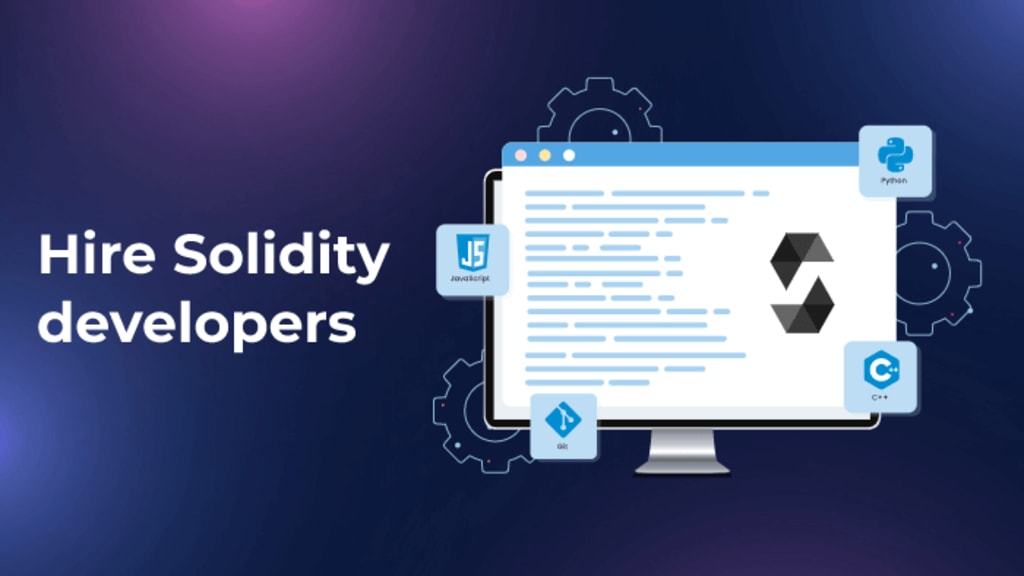Solidity Development
About SmartContract Development on Solidity.

Smart contract development on Solidity is an essential part of blockchain technology. Solidity is a contract-oriented, high-level programming language designed to write and deploy smart contracts on the Ethereum blockchain. In this article, we will discuss the basics of smart contract development on Solidity, including the Solidity syntax, concepts, and best practices.
What are Smart Contracts?
Smart contracts are self-executing contracts that are programmed to automatically execute the terms of an agreement between parties. They are often used in blockchain networks to facilitate and automate transactions, without the need for a third-party intermediary.
Smart contracts are written in programming languages such as Solidity, which is a language specifically designed for Ethereum smart contract development. Solidity is a contract-oriented, high-level programming language that is used to create and deploy smart contracts on the Ethereum blockchain.
Solidity Syntax and Concepts
Solidity syntax is similar to that of other high-level programming languages, such as JavaScript. The language supports various variable types, including integers, booleans, strings, and arrays. Solidity also allows for the creation of custom data types, which can be used to represent complex data structures.
In Solidity, smart contracts are defined using the contract keyword, followed by the name of the contract. A smart contract can contain various elements, including variables, functions, and events.
Solidity development also supports modifiers, which are used to modify the behavior of functions within a smart contract. Modifiers are often used to enforce access control or validate input data.
Testing and Deployment
Once a smart contract is written, it needs to be tested and deployed. Testing is a critical part of smart contract development, as it helps to identify and fix bugs and vulnerabilities.
One popular testing framework for Solidity is Truffle, which provides a suite of tools for testing, deployment, and development. Truffle allows developers to write automated tests for their smart contracts, as well as deploy and interact with smart contracts on a local or remote network.
When a smart contract is ready for deployment, it needs to be compiled into bytecode, which can then be deployed to the Ethereum network. Solidity contracts are typically deployed using an Ethereum client, such as Geth or Parity. Once the contract is deployed, it becomes a permanent part of the blockchain.
Best Practices
- When developing smart contracts on Solidity, it is important to follow best practices to ensure that the contract is secure, efficient, and reliable. Some best practices include:
- Use the latest version of Solidity and keep up to date with security updates.
- Use libraries and frameworks to reduce development time and minimize errors.
- Implement proper access control to ensure that only authorized users can interact with the contract.
- Test the contract thoroughly using automated and manual testing methods.
- Use code comments and documentation to improve readability and maintainability.
Conclusion
Solidity is a powerful programming language that enables developers to create and deploy smart contracts on the Ethereum blockchain. By following best practices and using testing frameworks such as Truffle, developers can create secure and reliable smart contracts that meet the needs of their users. Smart contract development on Solidity is an exciting and rapidly evolving field, with many opportunities for innovation and growth.





Comments
There are no comments for this story
Be the first to respond and start the conversation.